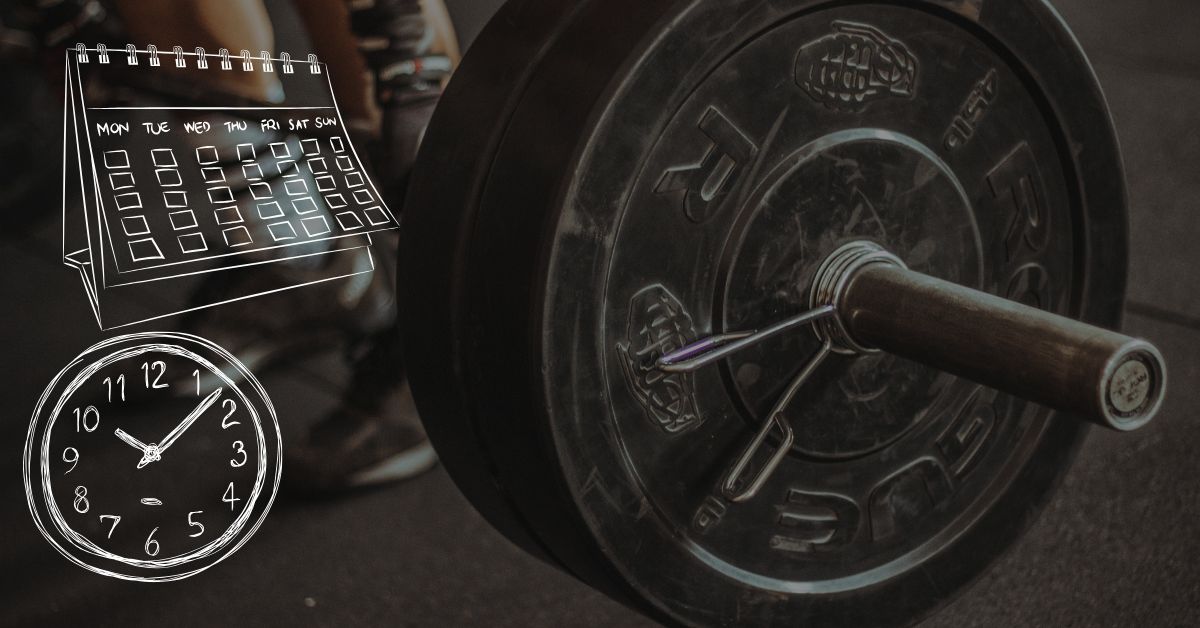Get ready to kick off winter with 7 Bamboos RFC!…

Rugby Nutrition: Superfoods and Best Foods for Optimal Performance and Recovery
In the world of rugby, where raw power meets strategic finesse, nutrition plays a pivotal role in unleashing a player’s full potential.
The right fuel can mean the difference between dominating the pitch and struggling to keep up. Enter superfoods: nature’s powerhouses that can elevate your game to new heights.
The Foundation of Rugby Nutrition
Carbohydrates: Fueling the Game
Carbohydrates are the primary energy source for rugby players, essential for maintaining high-intensity performance throughout a match. Complex carbohydrates, in particular, provide sustained energy and should make up 55-65% of a rugby player’s diet.
Top carbohydrate sources for rugby athletes include:
- Quinoa
- Sweet potatoes
- Whole grain pasta
- Brown rice
- Oats
These foods not only provide energy but are also packed with additional nutrients that support overall health and recovery.
Protein: Building Blocks for Strength
Protein is crucial for muscle repair and growth, making it indispensable for rugby players. A typical rugby player needs 1.4-2.0 grams of protein per kilogram of body weight daily, depending on their position and training intensity.
Protein-rich superfoods ideal for rugby players include:
- Salmon
- Eggs
- Greek yogurt
- Lean beef
- Chicken breast
These sources offer complete proteins with all essential amino acids, supporting muscle recovery and growth.
Healthy Fats: Supporting Overall Health
While often overlooked, healthy fats play a vital role in a rugby player’s diet. They support hormone production, reduce inflammation, and aid in nutrient absorption.
Nutrient-dense fat sources for athletes include:
- Avocados
- Nuts (especially almonds)
- Olive oil
- Chia seeds
- Fatty fish like salmon
Superfoods for Rugby Performance
Energy-Boosting Superfoods
Certain superfoods are particularly effective at enhancing endurance and performance on the rugby field:
- Quinoa: A complete protein and complex carbohydrate, quinoa provides sustained energy and supports muscle recovery.
- Sweet Potatoes: Rich in complex carbs and fiber, sweet potatoes offer long-lasting energy and are packed with vitamins and minerals.
- Blueberries: These antioxidant powerhouses reduce oxidative stress and inflammation, supporting faster recovery and improved performance.
Incorporate these superfoods into pre-match meals or as snacks throughout training days for optimal energy levels.
Muscle-Building Superfoods
For rugby players looking to build and maintain muscle mass, these superfoods are essential:
- Eggs: A complete protein source that’s easy to prepare and versatile in recipes.
- Greek Yogurt: High in protein and probiotics, supporting both muscle growth and gut health.
- Salmon: Rich in protein and omega-3 fatty acids, salmon aids in muscle recovery and reduces inflammation.
Consume these foods as part of post-training meals or snacks to maximize muscle-building effects.
Anti-Inflammatory Foods for Recovery
Reducing inflammation is crucial for rugby players to recover quickly between matches and training sessions. These anti-inflammatory superfoods can help:
- Turmeric: Known for its potent anti-inflammatory properties, turmeric can be added to smoothies or taken as a supplement.
- Spinach: High in antioxidants and nutrients that combat inflammation and support overall health.
- Chia Seeds: Packed with omega-3 fatty acids, chia seeds help reduce inflammation and provide sustained energy.
Include these foods in your daily diet to support faster recovery and reduce the risk of injury.
Hydration and Electrolyte Balance
Proper hydration is critical for rugby performance. Players should aim to drink 500-600ml of fluid 2-3 hours before a match and continue hydrating throughout the game. Electrolyte-rich beverages are essential, especially during intense matches or training sessions.
Coconut water is a natural, electrolyte-rich option that can support hydration and performance. For longer matches, consider sports drinks that provide both carbohydrates and electrolytes to maintain energy levels and fluid balance.
Meal Timing and Composition
Pre-Match Nutrition
A well-timed pre-match meal can significantly impact performance. Aim to eat a balanced meal 3-4 hours before kickoff, focusing on complex carbohydrates, lean proteins, and moderate amounts of healthy fats.
An ideal pre-match meal might include:
- Grilled chicken breast
- Brown rice or quinoa
- Steamed vegetables
- A piece of fruit
Avoid heavy, fatty foods that can cause digestive discomfort during the match.
Post-Training Recovery Nutrition
Post-training nutrition is crucial for recovery and adaptation. Consume a meal or snack containing both carbohydrates and protein within 30-60 minutes after training or a match.
A recovery meal could include:
- Greek yogurt with berries and granola
- A turkey sandwich on whole grain bread
- A protein smoothie with banana and spinach
These options provide the necessary nutrients to replenish energy stores and support muscle repair.
Individualized Nutrition Plans
Rugby players’ nutritional needs can vary based on their position, body composition, and individual metabolism. Forwards, for example, may require higher protein intake to support their muscle mass, while backs might focus more on quick-energy carbohydrates for explosive movements.
Consulting with a sports dietitian can help create a personalized nutrition plan that accounts for these individual factors. A professional can also provide guidance on proper supplementation if needed, always prioritizing a food-first approach.
Conclusion
Incorporating superfoods into a well-balanced diet is key to optimizing performance and recovery in rugby. From energy-boosting quinoa to anti-inflammatory turmeric, these nutrient-dense foods provide the fuel rugby players need to excel on the pitch.
Remember, consistency is key. Gradually introduce these superfoods into your daily meals and pay attention to how your body responds. With time, you’ll likely notice improvements in energy levels, recovery time, and overall performance.
By focusing on high-quality nutrition and staying hydrated, rugby players can give themselves a competitive edge, supporting their hard work on the field with the right fuel off it. Whether you’re a seasoned pro or just starting out, embracing a superfood-rich diet could be the game-changer you’ve been looking for in your rugby career.





